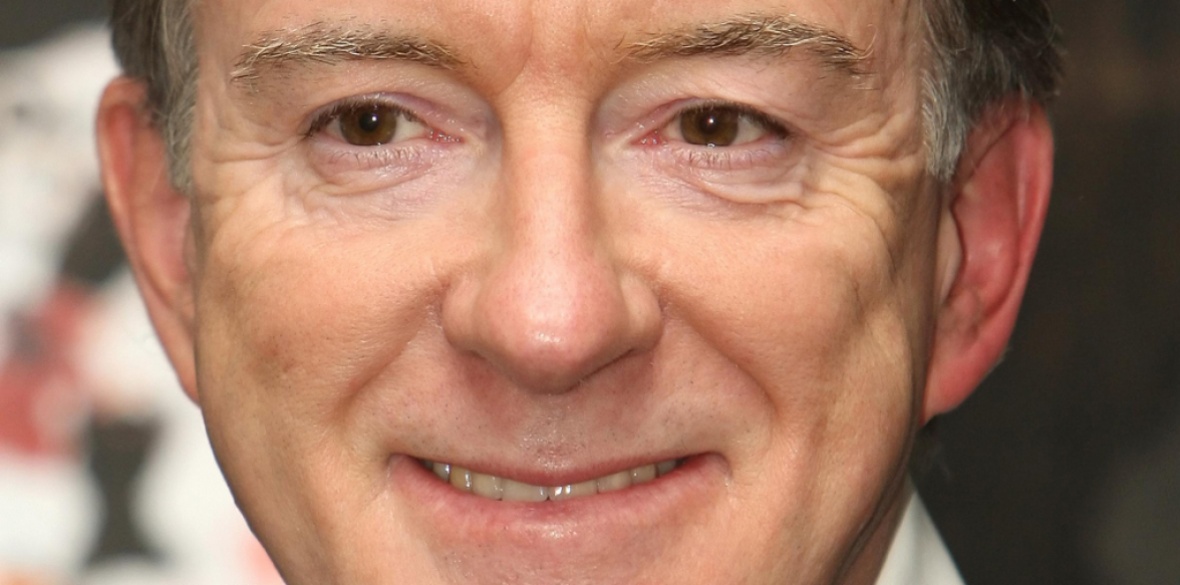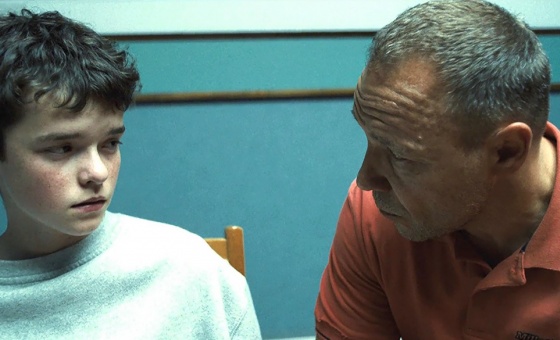This is the last article you can read this month
You can read more article this month
You can read more articles this month
Sorry your limit is up for this month
Reset on:
Please help support the Morning Star by subscribing here
PROGRESS, the Blairite faction inside the Labour Party, has a new financial backer — Peter Mandelson.
Progress has been New Labour’s shock troops since its foundation in 1996, but its members and supportive MPs have become marginalised since Jeremy Corbyn’s rise.
Last year their former “sugar daddy” Lord Sainsbury announced he was stopping his regular donations of £260,000 a year, so it has been looking for new financial backers.
According to the latest Electoral Commission return, Mandelson gave Progress £10,000 in August. This is Mandelson’s first ever recorded political donation.
It follows the £10,000 donation to Progress from Tony Blair himself in March — also the first recorded political donation from Blair.
For years Progress proudly announced it was the “New Labour” faction in Labour.
In 2014 it lost confidence and rebranded itself with the slogan “Labour’s New Mainstream” — a catchphrase that never caught on.
So Progress has rebranded itself again as a “movement of centre-left Labour party members.”
But Mandelson, whether in has past incarnation as the New Labour spin doctor who was “extremely relaxed about people getting filthy rich” or in his current role running Global Counsel, secretive for-hire lobbyists for Russian businessmen and big corporations, hardly counts as “centre left.”
Progress say they want to be “advocates for the future,” but relying heavily on figures from Labour’s past like Mandelson and Blair isn’t helping them win a place in a leftward-moving Labour Party.
Farnborough THIS summer I spent a day at the Farnborough air show. Farnborough is a spectacular event for thousands of families who like watching flying machines going up and down. But in the days before the families arrive, it is also a government-backed arms fair. In the pavilions around the airfields, and the vast exhibition halls behind the runways arms firms demonstrate their fighters, bombers, missiles and all the other kit for aerial warfare to invited delegations from dictatorships and authoritarian regimes.
The British government invited delegations to from Saudi Arabia, Bahrain, Egypt, Oman, Qatar, UAE and Turkey and other repressive governments.
Arms firms hired “chalets” which overlooked the runway so they could entertain these delegations with champagne receptions, while watching their jets take off and do pretend-war-in-the-sky.
The Farnborough air show has civil aircraft as well as military ones, but warplanes are where the most striking innovations take place.
Civil aircraft mostly have similar, straightforward functions — transporting people and goods. But military aircraft have to perform much more complex and lethal business. Depressingly, all the war kit is made by the most imaginative and skilled designers and built with tremendous skill and accuracy.
The best of British and international engineering is here and it has been made to kill. The most destructive machines are the most glamorous, highly polished, sleek and attractive.
Among all the military hardware I noticed a prominent name that didn’t immediately ring a bell, Leonardo. I first noticed the name when looking at the Tempest jet, which was unveiled by Defence Secretary Gavin Williamson.
The Tempest doesn’t exist yet, but Williamson has committed Britain to back this as yet unbuilt aircraft.
The makers promise it will be a “stealth” aircraft that fires laser beams or microwaves as well as missiles.
It will be able to fly with a pilot or be flown by a robot in a “swarm” of unmanned drones. It will undoubtedly be incredibly expensive. It is being made by “Team Tempest,” an arms consortium including BAe systems and … Leonardo.
Looking further I found Leonardo had an extensive pavilion at Farnborough, with its own grounds full of military jets, helicopters and other planes. But what is this new firm? It took a moment for the penny to drop. Leonardo is not a new company, just a new name. A couple of years back Italian arms giant Finmeccanica renamed itself Leonardo.
Which just shows the most high-tech, high-value companies will use the oldest, cheapest tricks in the book. Finmeccanica were founded with that name in 1948. But in 2016 the firm announced they were on a “journey towards a new identity.”
This looks like a crude attempt to make a journey away from their old identity, which included being embroiled in multiple corruption scandals around the world for a decade. The firm were accused of dubious payments to agents and middlemen of tens of millions of pounds in South Korea, India and Panama to help sell military helicopters and surveillance equipment. They denied wrongdoing but were caught up in cancelled deals and court cases.
Finmeccanica’s name was tarnished by scandal, so instead of fixing the scandals, it changed its name. In a special piece of cheek it named itself after Leonardo Da Vinci.
He once sketched a few cannons and other weapons but was never actually an arms manufacturer. The firm says it chose his name because it takes “inspiration from Leonardo da Vinci, an Italian genius but also a universal symbol of innovation, research and creativity applied to all fields of inquiry. A name that well represents the new basic values.”
So the artist who painted The Last Supper and the Mona Lisa is reduced to a logo to paint over an arms firm’s past.
Changing names is a crude but surprisingly effective technique when it comes to press coverage — fewer journalists are trying to cover more stories and, if a company name doesn’t immediately spark a bit of memory, they will move on to another.
Newspapers also hate complexity in a story, so having to insert a few lines about how company x was formerly known as company y can also stop a story making it onto the page.
Former New Labour defence minister Geoff Hoon was the director of Finmeccanica-Leonardo’s international business from 2011-2017.
The way a defence secretary was hired to become a defence company’s top salesman was widely criticised as an example of the unhealthy closeness of government and the arms industry. The move demonstrated the strength of the military-industrial complex.
Geoff Hoon was then accused of being in charge of illegal lobbying of governments for business, which he denies. He has not, as yet, changed his name to Geoff Botticelli.









